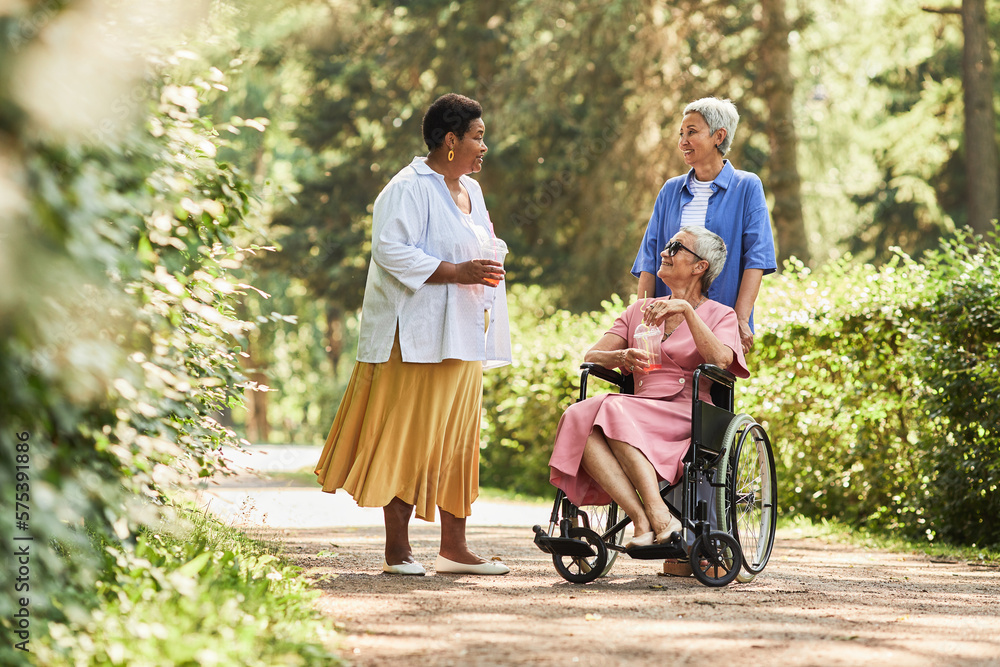Understanding what elderly waiver pay for can significantly impact seniors and their families when planning long-term care. The elderly waiver program is designed to support seniors who need assistance with daily living but wish to stay in their own homes or an alternative living arrangement. This article will explore the intricacies of the waiver, helping you make informed decisions about your loved ones’ care.

Introduction to Elderly Waiver
The elderly waiver program is a state-specific Medicaid initiative aimed at assisting seniors by covering the costs associated with home and community-based services. It seeks to provide an alternative to more expensive nursing home care, by offering support that allows individuals to remain in their own homes or chosen living environments.
Eligibility Criteria for Elderly Waiver
To qualify, individuals must meet certain age, financial, and medical criteria. Typically, applicants should be aged 65 or older and must require a certain level of care similar to what is provided at a nursing facility.
Income and Asset Limits
Income and asset limitations are a key part of the eligibility requirements. Each state may have distinct thresholds, but these are generally aligned with Medicaid standards.
Services Covered by Elderly Waiver
What does elderly waiver pay for? Primarily, it covers several types of services to ensure that seniors receive necessary assistance while remaining out of institutional care.
Home Health Care
Services can include home health aides, personal care assistants, and skilled nursing visits, which are crucial for those with medical needs.
Adult Day Care
Providing seniors with an opportunity for social engagement and structured activities, adult day care services are also covered.
Homemaker Services
Homemaker services ensure that seniors live in a clean and safe environment, with help on tasks such as cleaning and laundry.
For those considering gifts for older relatives, refer to unique gift ideas for elderly parents.
Respite Care
Respite care is another essential service for caregivers needing a temporary break from their duties.
Additional Assistance Through Elderly Waiver
The program also provides help with meals, transportation, and even home modifications to enhance accessibility.
Home Delivered Meals
Meals delivered to the home ensure that seniors receive nutritious meals without needing to leave their house.
Transportation Services
Transportation ensures that individuals can attend medical appointments and other essential outings.
Home Modifications
Adjustments to the home, like installing ramps or widening doorways, are often necessary to accommodate mobility challenges.
For external resources on senior care services, you can visit this page on senior care services.
The Application Process for Elderly Waiver
Navigating the application process can be challenging without proper guidance. The initial step involves contacting your local Medicaid office to understand specific state requirements.
Gathering Documentation
Applicants must present personal and financial documentation as part of the application process.
Medical Assessments
A thorough medical assessment will determine the level of care required for the applicant.
Benefits of Using Elderly Waiver
The biggest advantage is the personalization of care, ensuring that seniors receive care in an environment they are comfortable with, which often bolsters their quality of life.
Challenges and Considerations
While the program offers numerous benefits, it is also essential to consider potential downsides, such as coverage limitations based on geographic location and waiting lists.

Frequently Asked Questions
What are the main benefits of the elderly waiver program?
The program mainly supports seniors in staying within their homes, reducing the need for institutionalized care, while providing comprehensive support services.
Who qualifies for the elderly waiver?
Seniors aged 65 or older who meet specific financial and medical criteria are eligible.
How do I apply for the waiver?
Contact your local Medicaid office and prepare necessary documents for the application process.
Learn more about the different health issues seniors experience such as low blood pressure and anemia. This program offers a robust way to enable our seniors to live fulfilling and more autonomous lives.
This article contains affiliate links. We may earn a commission at no extra cost to you.

